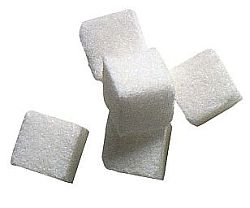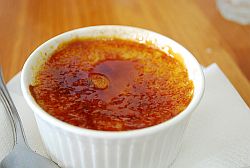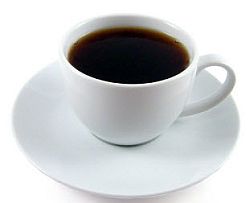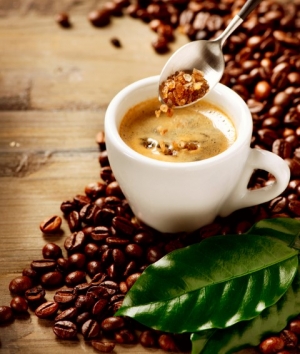
Sugar
Imagine a creme brulee without the hard caramelized coating, or a glass of Riesling wine without the sweet aftertaste we've come to expect – pretty boring. Well, the same can be said for coffee.

Creme Brulee - with caramelized sugar
Although we are all familiar with sugars sweet taste, in coffee, it serves an entirely different purpose all together.
Of the two species of coffee produced globally, Arabica coffee contains roughly twice the concentration of sugars than Robusta. As such, these compounds play an important role during roasting to create a vast array of aromatic flavor compounds.
But where do these compounds come from?
Through a series of complex reactions, most of these flavor compounds result from the decomposition of sugars during roasting producing. But sugar's role in coffee is far more than just producing a sweet cup, just consider the following:
- Aromas - during roasting the decomposition of sugar results in a special class of aromatic compounds called furans to provide caramel-like aromas in our cup; while like compounds such as hydroxymethylfurfural (HMF) provide a sweeter aroma to coffee.

Furan

HMF
- Antioxidants - sugars also serves as an important precursor in the development of numerous antioxidants present in roasted coffee. Its even been said that a cup of coffee may have even more antioxidant capacity than green tea.
- Color - sugars also play an important role in the formation its characteristic brown color. Due to sugars uncanny ability to react with other compounds, it able to form long chains of polymers that ultimately give rise to its brown color.

Long polymer chains create coffee's brown color
So, how do we produce the best coffee at origin?
Sugars not only play an important role in the flavor of coffee, but also in the formation of a number of acids found within the bean.
We still have a long way to go to fully understanding the complex nature of coffee, but for now, sugars seem like a sweet place to start.

